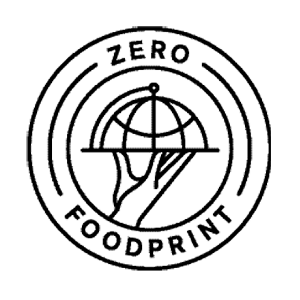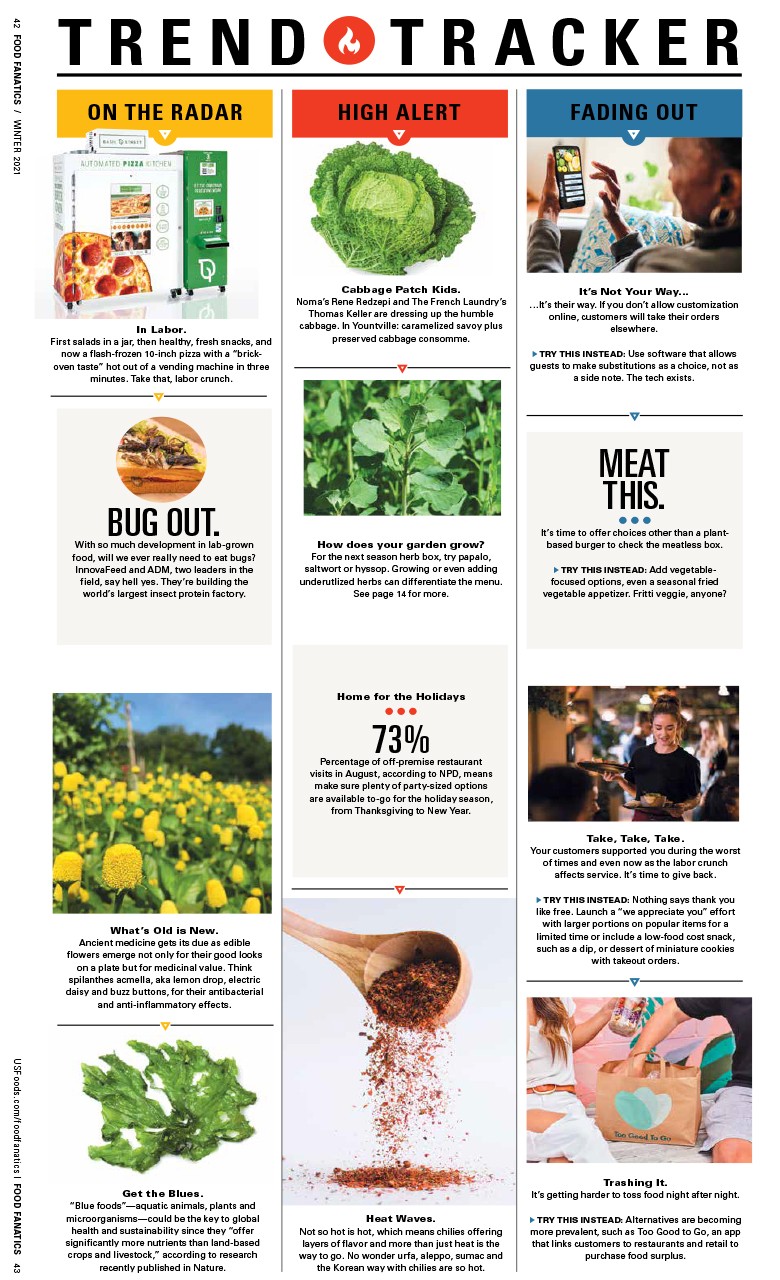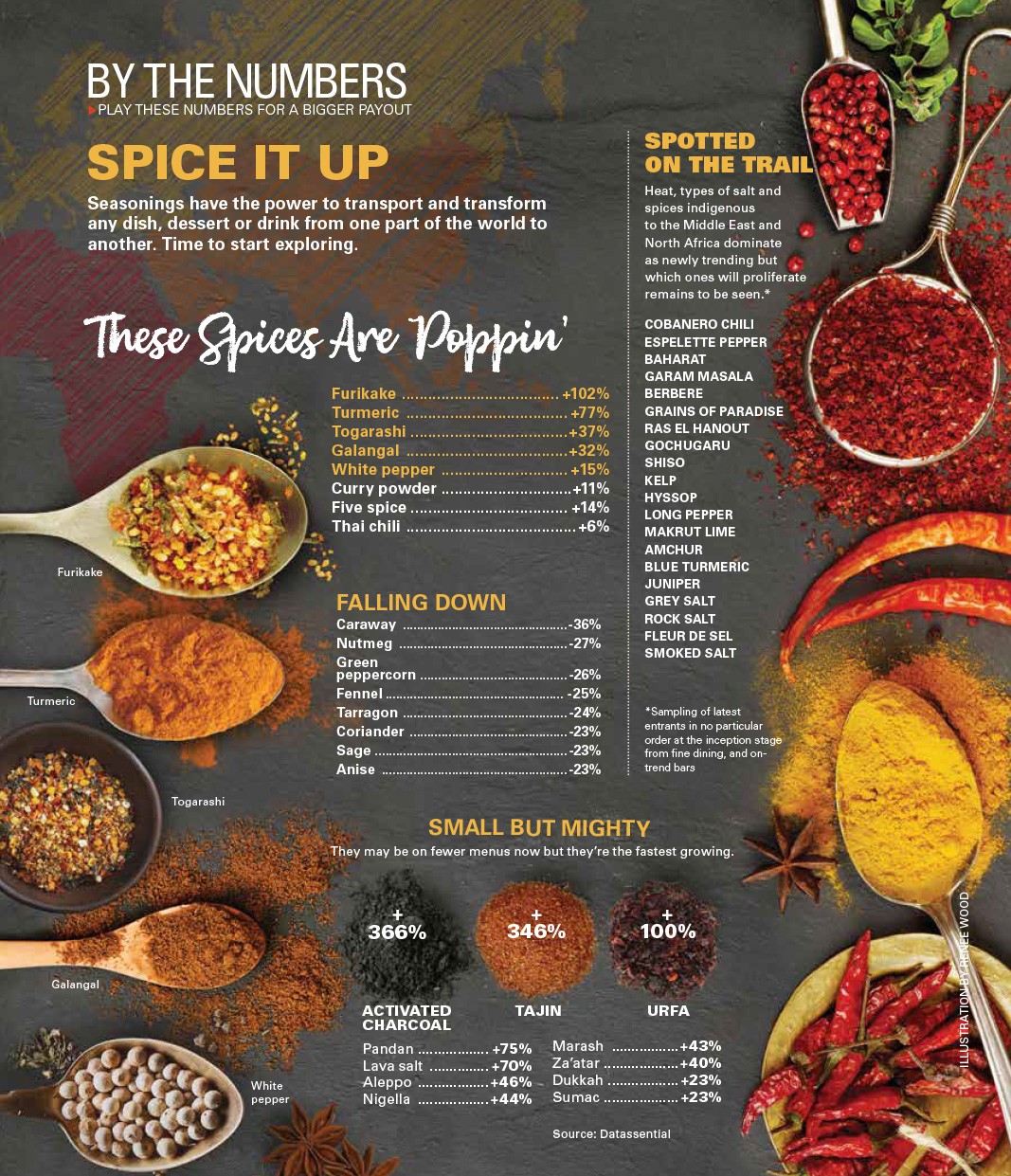A NEW KIND OF 1 PERCENT
Fighting climate change with the help of a small menu surcharge
When the entire world finally reopens, it will be just as fragile as it was pre-pandemic. The Coronavirus, unfortunately, didn’t shut down climate change. If anything, it made the issue more pressing – especially within the foodservice industry, which relies on a healthy planet to make ends meet.
While adding “fight climate change” to a to-do list might seem like a nightmare to a restaurateur rebuilding the business from the pandemic, Karen Leibowitz, the executive director of the James Beard Award-winning nonprofit Zero Foodprint, says it’s worth it. “We all benefit when there are more sustainable options,” she explains.
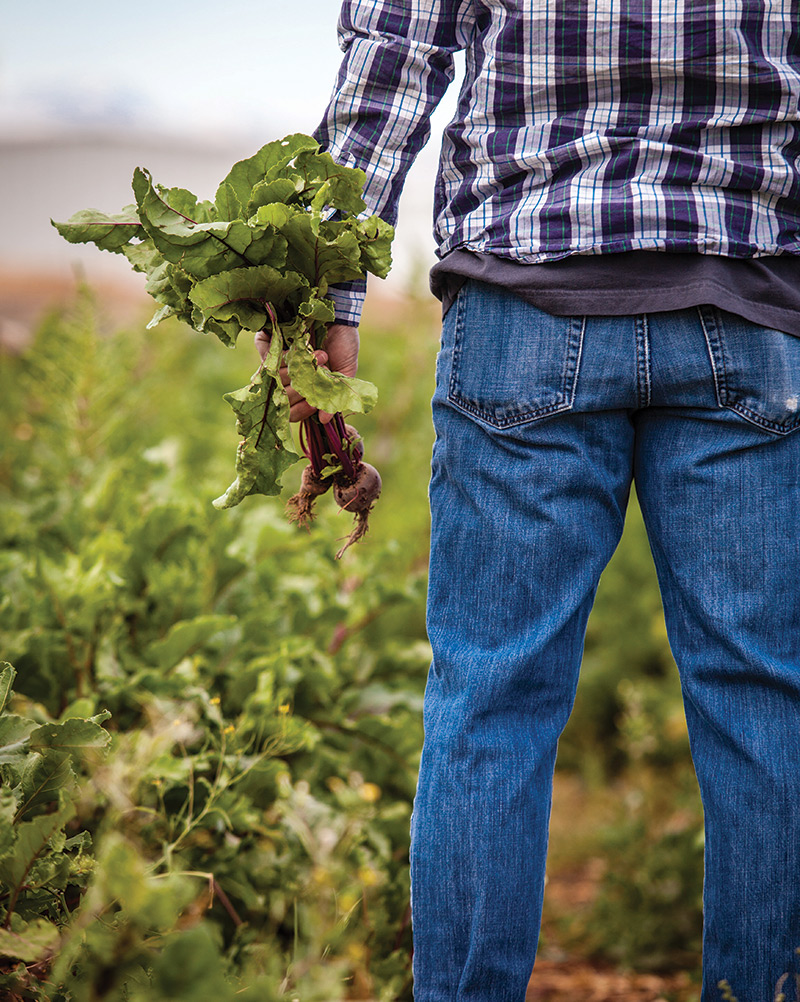
It also doesn’t have to be challenging. Zero Foodprint makes it easy, she says, for restaurant operators to fight climate change by adding a 1% surcharge to the check and using that money to fund carbon-reduction farming projects (so far, 48 members/restaurants have signed on). Giving farmers the support to take carbon out of the atmosphere and replant it in the soil is “how we can eat our way out of the climate crisis,” says Leibowitz.
To learn more about carbon farming and why it benefits foodservice operators, Leibowitz recently shared some insight from her San Francisco base.
Q. Foodservice is hardly the most polluting industry. Why should it take on the challenge of climate change?
Zero Foodprint was founded, in large part, from our questions as restaurateurs about the impact of our work. My husband, Anthony Myint, and I had become parents, and we wanted to know the carbon footprint of our restaurant, Mission Chinese Food, so we worked with experts to do a life cycle assessment. What we learned really surprised us: we’d expected that most of the impact would come from energy use, transportation, maybe food waste or packaging, but actually about three-quarters of our impact came from ingredients. It turns out that about one third of the planet’s greenhouse gas emissions come from food and farming.
Over time, we’ve come to understand that it’s not about assigning blame, but rather about seizing an opportunity to invest in the future of sustainable food. Our members are helping diners put micro-donations – just 1% of their check at a restaurant – into farm practices that actually pull carbon back out of the atmosphere and into the soil.
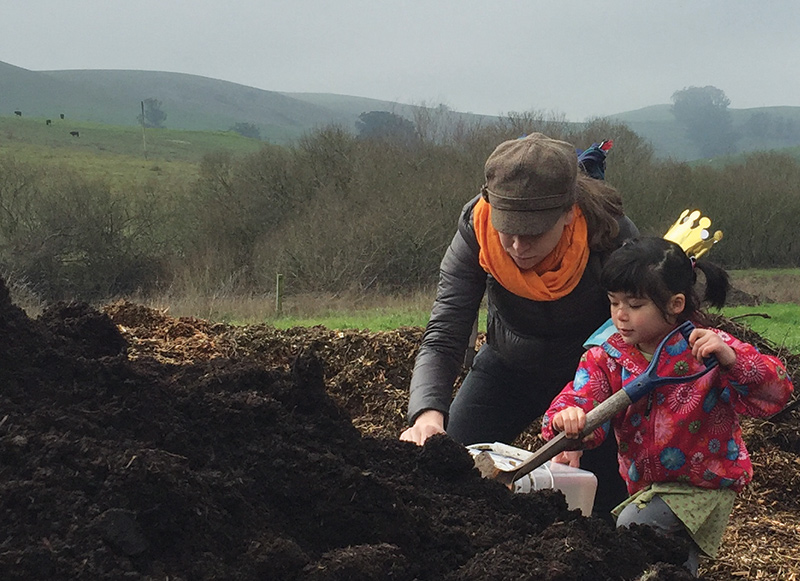
Q. How does Zero Foodprint make it easier for foodservice operators to go carbon neutral?
Zero Foodprint mobilizes the food world around carbon farming, so that we can eat our way out of the climate crisis. When you buy food from a ZFP member, 1% goes to our carbon farming fund. Carbon farming stops climate change by pulling carbon out of the atmosphere (restoring it in the soil), making healthier soil that’s more nutritious, more profitable for farmers and more resilient to extreme weather. Grants funded by the ZFP community have already pulled nearly 7,000 metric tons of CO2e from the atmosphere.
Q. Not all consumers are equally interested in sustainable farming practices. How would you pitch Zero Foodprint to a restaurant operator that relies on big agriculture and is convinced their customers won’t go for the 1% charge?
Zero Foodprint empowers each of us to take climate action in our communities. We invest in better food through carbon farming, rather than certifying restaurants as “sustainable” or not. As restaurant owners ourselves, we understand that the food system is not set up for sustainability, and that not every restaurant can source from sustainable farmers, but we all benefit when there are more sustainable options. We have a number of fast-casual members including 20th Century, Creator, Handline, Lunchette and WesBurger in San Francisco. Also, five Subway locations in Boulder, Colorado, just joined, in part because it makes sense (for them) to support local farmers and implement sustainable practices that lower the fire risk in Boulder County.

Q. How much does it cost restaurants to join Zero Foodprint?
There is no fee for restaurants to join Zero Foodprint. Rather, restaurants are doing their part by gathering microdonations from the public, by adding 1% for carbon farming to their prices. The restaurant gets staff training, social media assets, publicity and other benefits but does not pay into the fund directly. Restaurants that would like to undertake an assessment of their carbon footprint may do so for a fee that reflects the labor of analyzing their operations.
Q. How could a company like Aramark work with Zero Foodprint?
Zero Foodprint works with all kinds of businesses. We started with restaurants, but we also have members across the food system, from composters and knife shops to corporations and employee cafeterias.
Larger companies often choose to donate directly to (one of) our carbon farming grant funds, and we consider them sponsors. Clover Organic, for example, recently learned that one of the dairies they work with had received a grant from Zero Foodprint, which inspired them to put $25,000 into our Restore fund to contribute to the larger change of our farmland toward regenerative management. Pre-pandemic, we did life cycle assessments with Square, Salesforce (software marketing) and Stripe (payment processor), and they made contributions to the Restore fund as well.
Q. To what extent should the government be involved in incentivizing carbon farming techniques? Why rely on the foodservice industry and market forces?
We have been very heartened to see the federal government beginning to incentivize regenerative agriculture through the USDA’s Natural Resources Conservation Service and through the new Carbon Bank plan. In fact, the Biden administration has called regenerative as the lynchpin of its climate policy. Meanwhile, at the state level, many programs are helping regenerative ag because of the many co-benefits. Beyond restoring soil carbon, regenerative agriculture practices also reduce drought and fire damage, and protect watersheds and increase biodiversity, not to mention the fact that farm profits tend to increase alongside soil health.
Q. What’s up next for Zero Foodprint? What are your top priorities for the remainder of 2021?
We’re launching farm projects in Colorado, in collaboration with regional government and local nonprofits.
At a Glance: Karen Leibowitz
- Executive director of Zero Foodprint, a nonprofit named Humanitarian of the Year by the James Beard Foundation for empowering the restaurant industry to create solutions to climate change
- Co-founder of several award-winning restaurants, including Mission Chinese Food, The Perennial and Commonwealth in San Francisco
- A 2019 James Beard Award nominee for Outstanding Restaurateur
- Co-author of two cookbooks: “Mission Street Food” (with Anthony Myint) and “Atelier Crenn” (with Dominique Crenn)
- Ph.D. from the University of California, Berkeley



